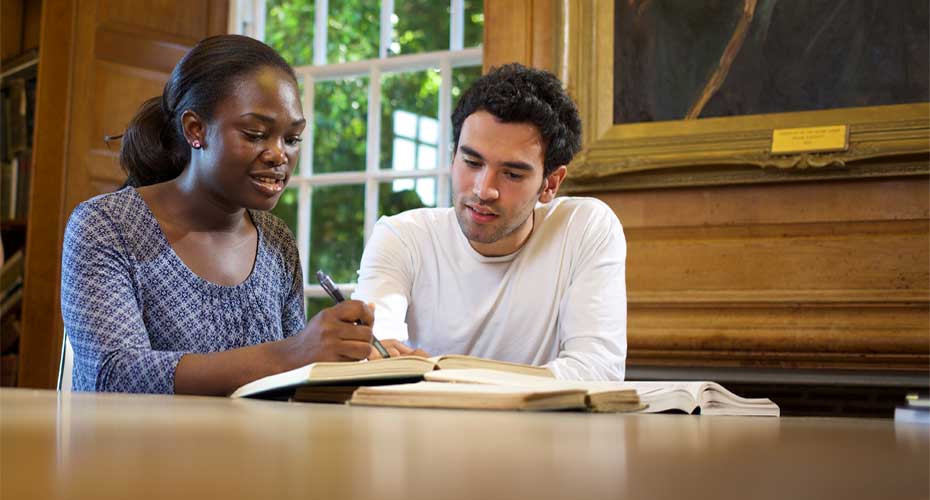Centre for Political Thought
Climate crisis is not only an urgent challenge to which existing democratic decision-making procedures might be more or less fit for purpose; it also determines the material and social conditions that shape how democracy might be envisaged as a way of life today and in the future. This workshop will consider how climate crisis both constrains and enables democratic imaginaries within our contemporary political conjuncture by bringing together a group of democratic theorists to engage with the recent work of three scholars: Lars Tender, Matthias Thaler and Mihaela Mihai.
Tuesday 28 May 2024, Environment and Sustainability Institute, Exeter University (Penryn campus)
Details for this event are here.
Images: Still frames from Purple, 2017. Six screen film installation by John Akomfrah. © Smoking Dogs Films; Courtesy Lisson Gallery
Centre for Political Thought – Research Areas
The Centre for Political Thought at Exeter encompasses one of the largest cluster of theorists and historians of political thought in the UK. Its distinctive characters are the diversity of areas and approaches, as well as the intellectual dialogue that fosters across them. Such a dialogue, combined with interdisciplinarity, is central to our weekly ‘reading group’, where colleagues and students from Exeter and other Universities present their research or discuss classical and recent texts.
The Centre promotes collaborative research and is part of an increasing number of international networks. It organizes seminars, workshops, and book symposia, many of which are published in top theory journals. Its ambition is to be a place for the exchange and scrutiny of ideas, as well as global collaboration in research.
Please click the boxes above for more information.
Images ©: National Trust Images/Andrew Butler; Paul Klee, Angelus Novus; CC/Kevin O’Neil; Unsplash/Mayur Deshpande; CC/A. Walker.

As part of his course on Power and Democracy, Andrew Schaap has interviewed a number of scholars who have written on main topics that he touches in his lectures and classes.
Here are the interviews (at the moment only those with an Exeter affiliation can listen to them, we hope to make them more widely available soon).

The Centre is home to an intellectually vibrant and supportive network of PhD students, who are both teaching colleagues and fellow researchers. Students pursue a range of research interests; have excellent facilities for discussion of topics, texts and thinkers; and have ample opportunity to engage in interdisciplinary work, as well as developing professionally by participating in conferences, workshops, and the weekly Reading Group meetings.
The Reading Group in Political Theory is a term-time weekly meeting of the staff and postgraduate students (both research and taught) working in political theory, also open to colleagues and students from other areas in politics, and from any other discipline. It often welcomes the participation of speakers from other Universities.
Programme for January - March 2024
Sessions are normally in Amory B105, Wednesdays 12.40 to 2.00pm, unless otherwise indicated. Most sessions will be in hybrid format. A Zoom link, and any relevant readings, will be circulated in advance.







